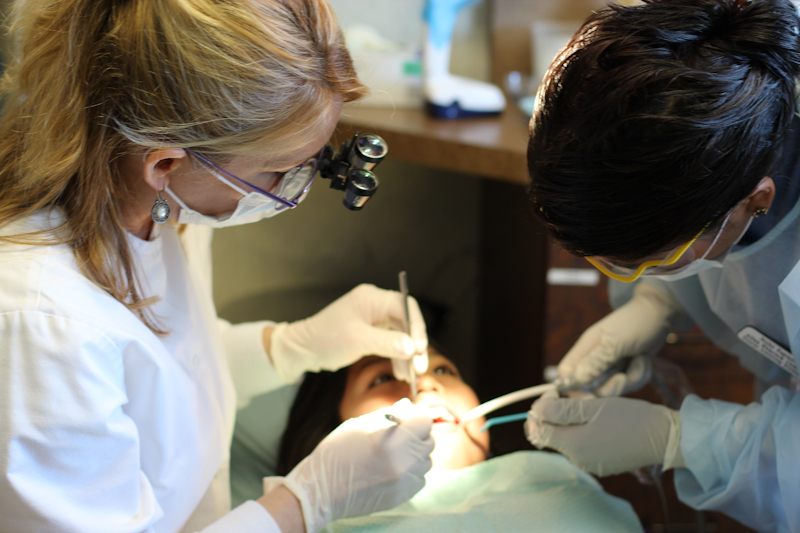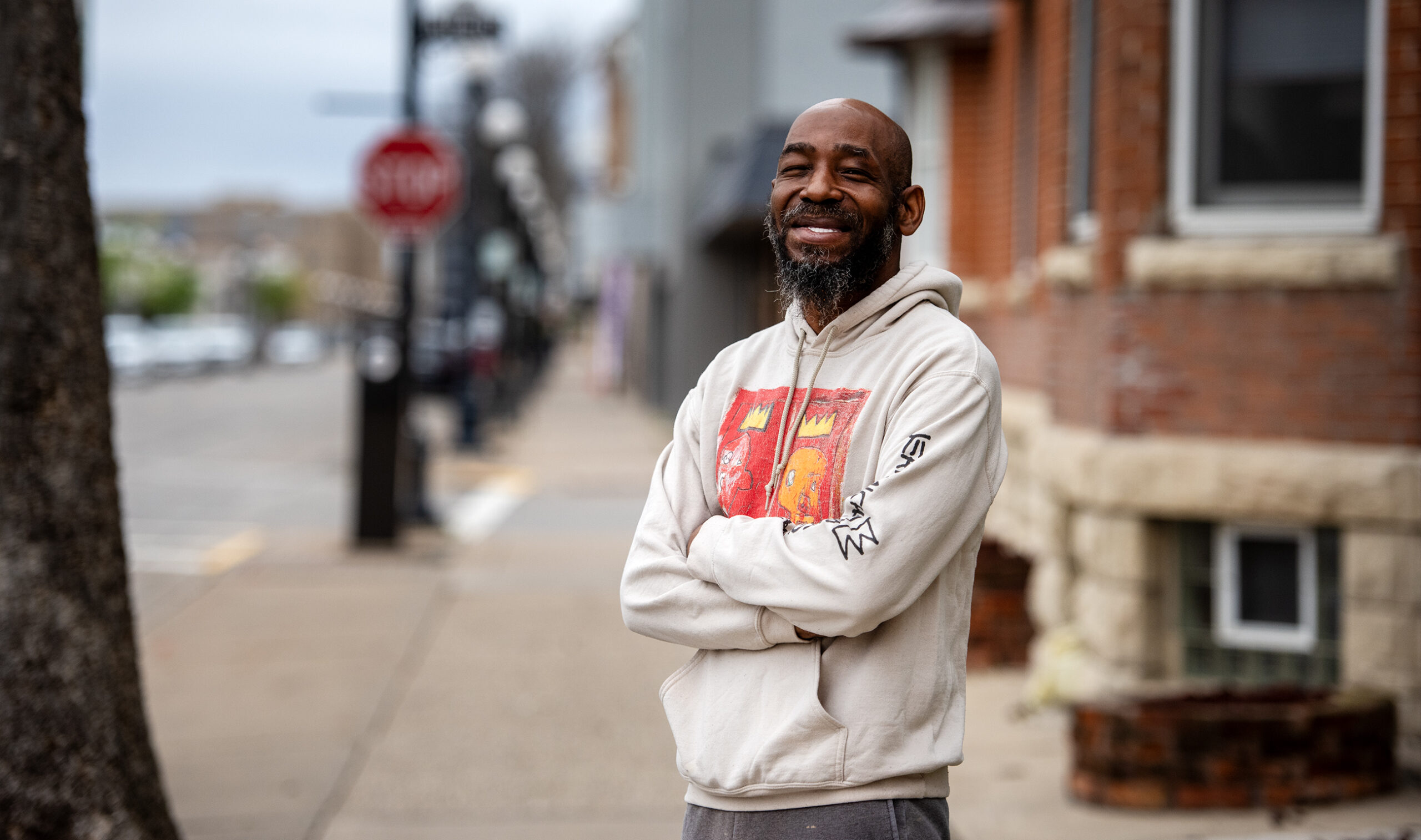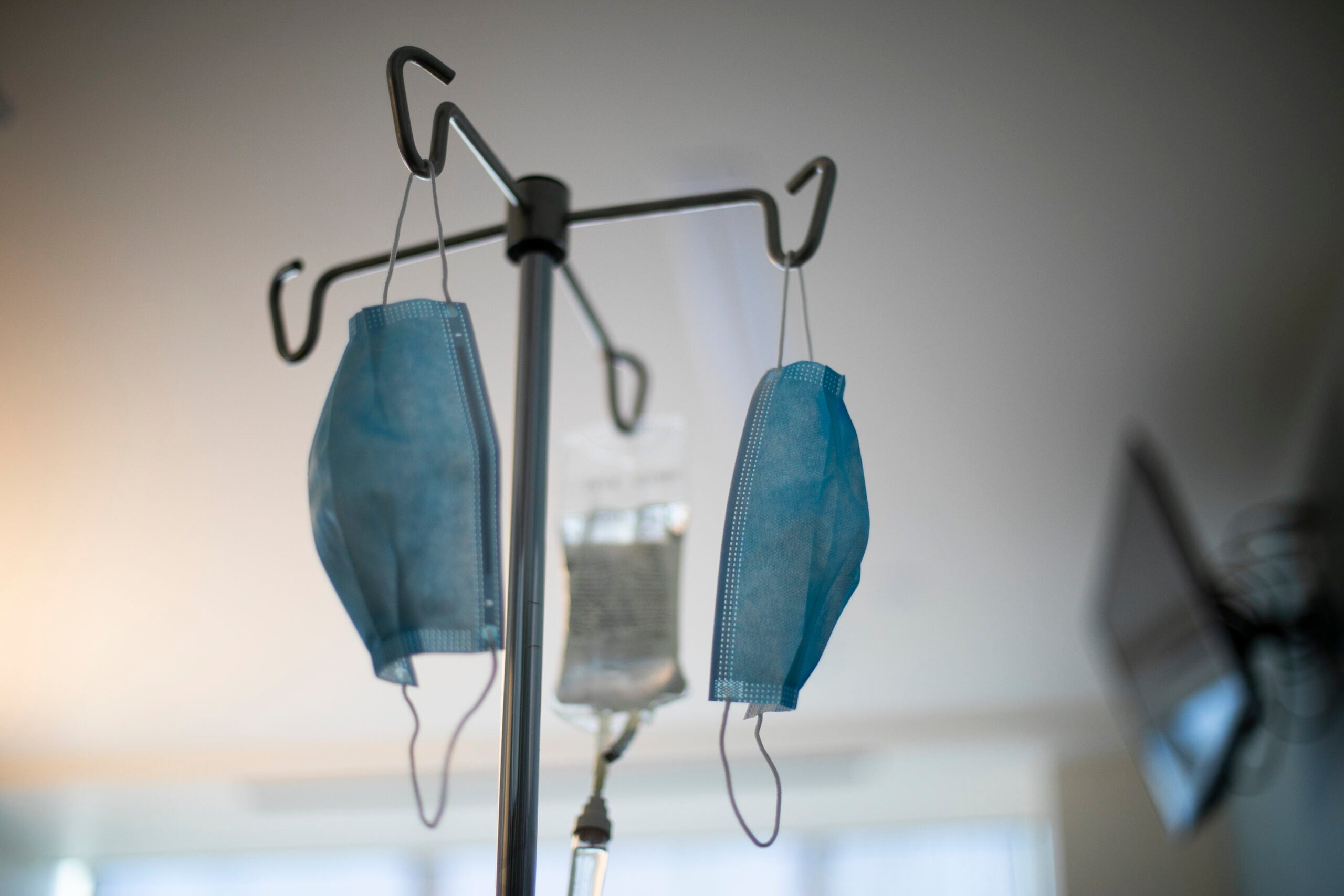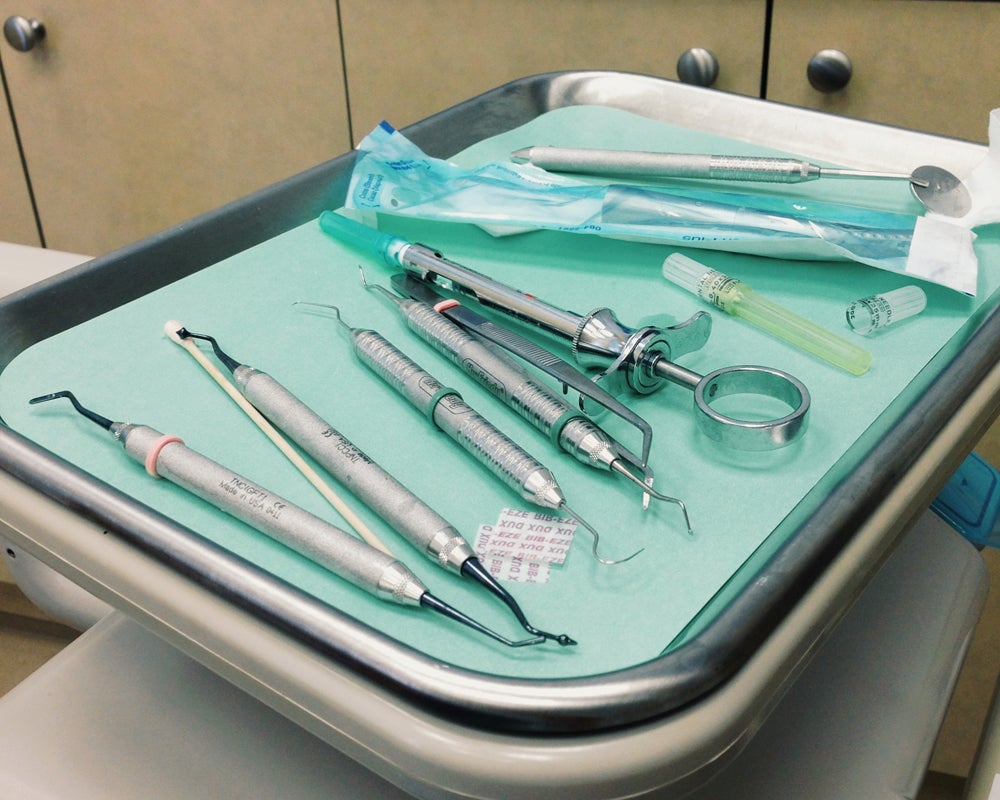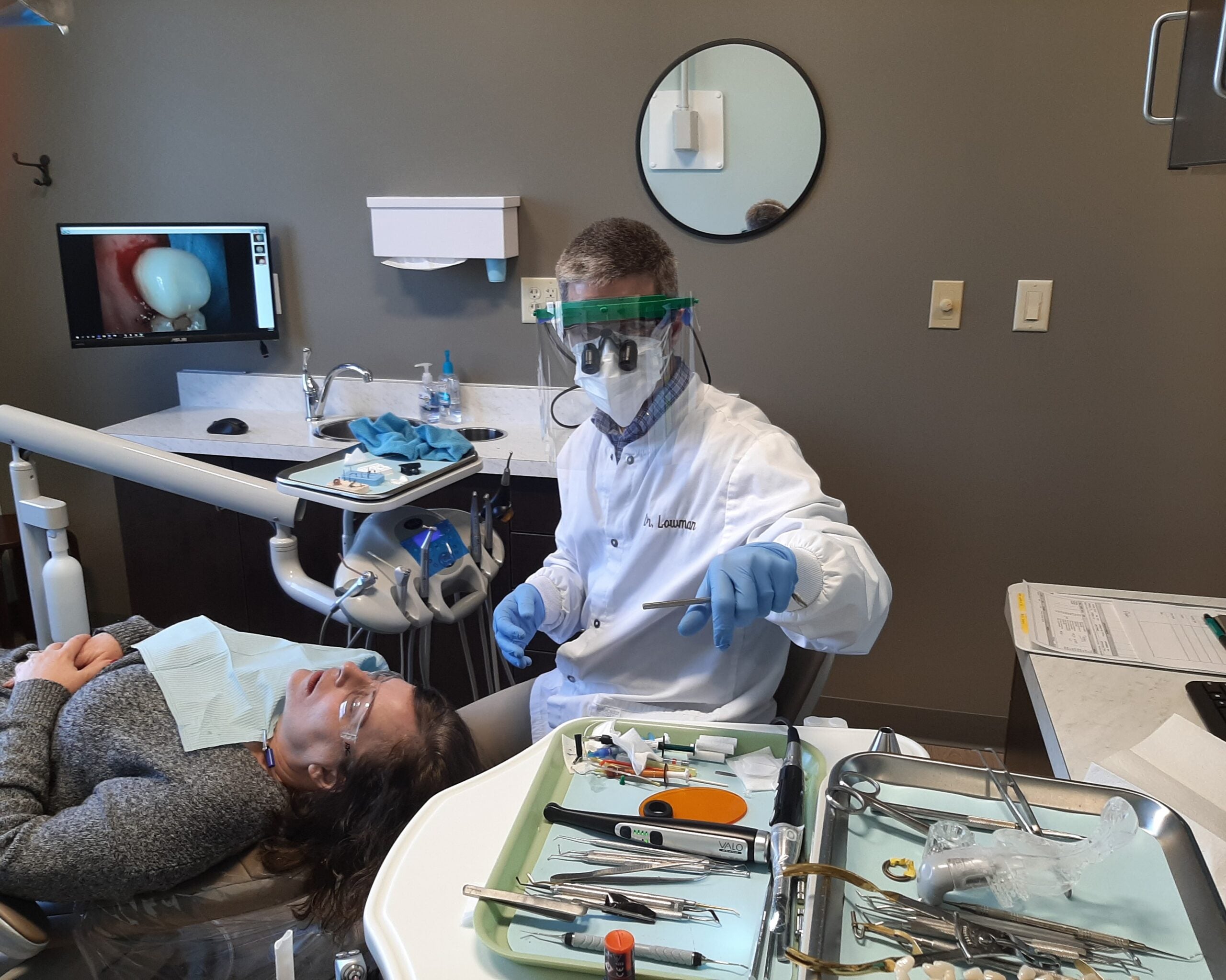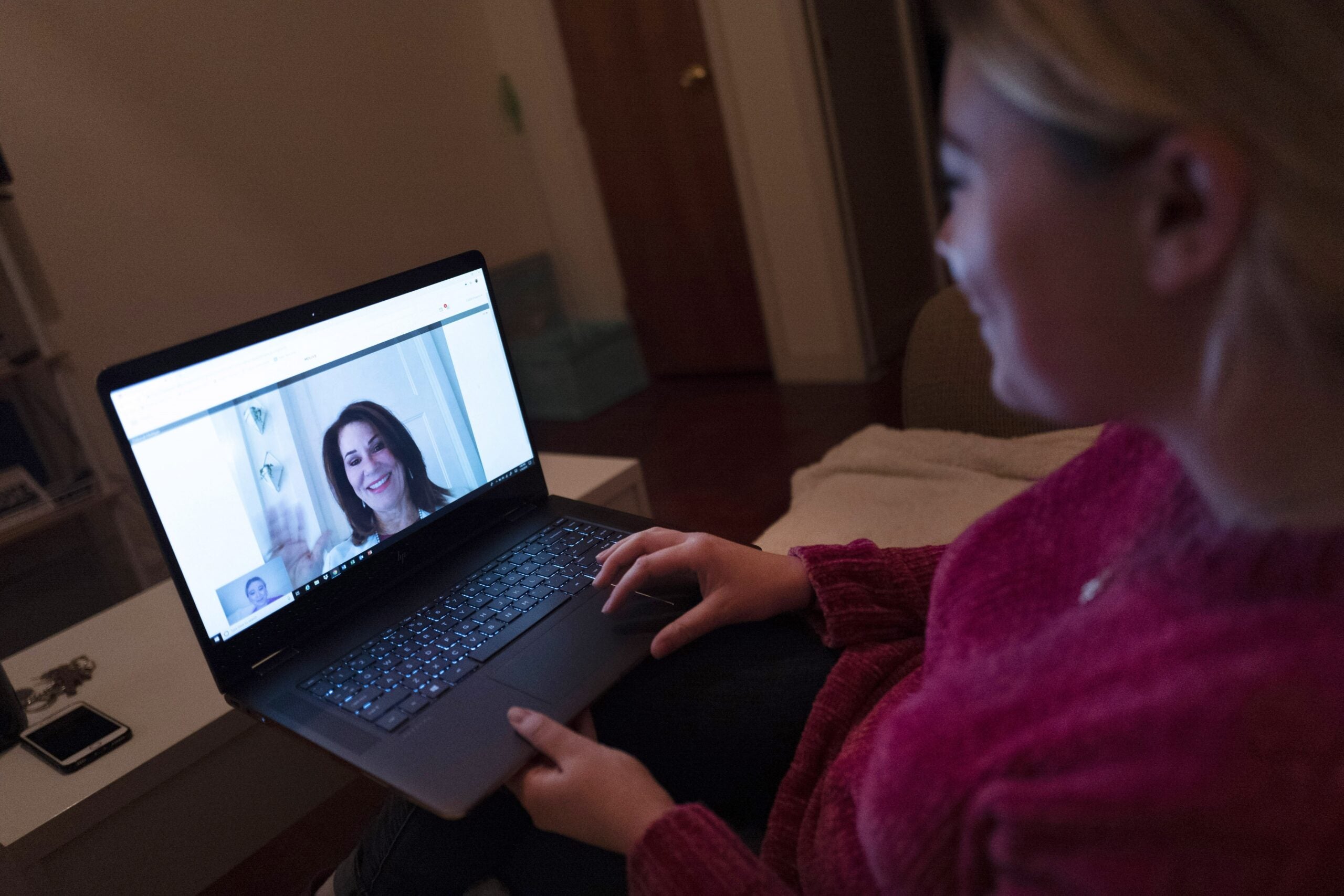Concern about the number of people who go without dental care in Wisconsin is garnering support at the state Capitol for a bill that would expand where dental hygienists can work independently.
Currently, hygienists are limited in where they can practice without the authorization and supervision of a dentist. New legislation authored by Kathy Bernier, R-Chippewa Falls, would add hospitals, nursing homes, daycares and detention facilities to the list.
“Simply put, the bill allows hygienists to do what they already do, only in more locations,” said Bernier.
Stay informed on the latest news
Sign up for WPR’s email newsletter.
Wisconsin hospitals reported 33,000 patients with tooth problems coming to emergency rooms for treatment in 2015, according to Bernier.
Those testifying in favor of the bill at public hearing Wednesday said many patients who lack access to preventive dental care, including tooth sealants, are low-income, live in nursing homes or need of sedation to administer care.
Hygienists are currently able to administer sealants to students at schools, which advocates say has helped, but it only addresses part of the widespread need for care.
“As a state, we rank near the bottom on access to dental services for Medicaid enrollees,” said Matt Crespin, associate director at the Children’s Health Alliance of Wisconsin, which oversees the Seal-A-Smile program. “We’ve seen improvements in oral health access and outcomes for school-age children through the expansion of our state schools based sealant program.”
Linda Jorgenson of the Wisconsin Dental Hygienists Association said when it becomes difficult or impossible for people to come to hygienists for care, hygienists should go to them. She said that would improve their ability to catch patients’ conditions before they become devastating problems.
“Dental diseases are almost 100 percent preventable,” Jorgenson said. “It gets your attention when someone presents with a devastating (tooth or gum) disease and it can be dangerous to their overall health and it can even kill them.”
Jorgenson said there are 3,800 dentists and 5,000 dental hygienists in the state but they aren’t evenly distributed. Some rural parts of the state have few dentists. And a lack of dentists can also be a problem in urban areas which rely on volunteer dentists, like Madison Dental Initiative. The practice runs out of the Salvation Army homeless shelter. Curtis Henderson, executive director of the Madison Dental Initiative, said current restrictions limit how many patients they can see.
“On the one hand, we’re promoting prevention to our patients and on the other hand we don’t have enough (dentist) hours to provide that,” Henderson said. “So how (do) we tell patients to stay out of the emergency room when we’re not able to be a proper dental home for folks?”
In the eight years the initiative has been open, Henderson said most of their work has involved tooth extractions. He said it would be nice if preventive care was higher on the list.
Bernier’s bill has the support of the Wisconsin Dental Association, the Wisconsin Hospital Association, and the Wisconsin Public Health Association and other organizations.
Wisconsin Public Radio, © Copyright 2024, Board of Regents of the University of Wisconsin System and Wisconsin Educational Communications Board.

